I Completed Inpatient Rehab. What’s Next?

Completing inpatient rehab is a huge step in your journey to recovery from addiction. It’s a time to celebrate your progress, but it can also bring some worries as you transition back to your normal life outside the rehab center. You might be wondering, “What should I do next?” Here are some steps to help you stay on the path to sobriety after inpatient rehab.
Create a Continuing Care Plan
Before leaving the rehab facility, you’ll meet with a Discharge Planner. They’ll help you make a plan for your ongoing treatment and recovery. This plan may include individual or group therapy as part of an outpatient program, like an intensive outpatient program (IOP). The Discharge Planner might suggest options like sober living arrangements, continuing care sessions, or joining support groups. Remember that addiction is a long-term challenge, so having a plan in place can help you avoid relapse.
Find Support in Your Local Recovery Community
Building a strong support system is crucial for your recovery journey. Connect with people who understand what you’re going through and can offer guidance and accountability. You can do this by attending meetings and support groups in your area. There are various national organizations like Alcoholics Anonymous, Narcotics Anonymous, Celebrate Recovery, SMART Recovery, and more that provide support and education. You can also find support online through streaming meetings and social media groups. Your rehab program’s Alumni Coordinator can help you connect with fellow alums and local recovery resources.
Take Care of Your Physical and Emotional Needs
Self-care and self-awareness are essential for maintaining sobriety. Remember the acronym HALT, which stands for Hunger, Anger, Loneliness, and Tiredness. These are basic feelings that you should manage to avoid triggers and distress.
Hunger
Ensure you’re eating well and meeting your nutritional needs. Emotional hunger is also important, so build a solid support system to fulfill your emotional needs and prevent cravings.
Anger
Manage anger by identifying its cause and deciding if it’s worth your energy. Find healthy ways to express anger, such as exercise or creative activities.
Loneliness
Avoid isolation, which can lead to negative feelings and temptations. When you feel lonely, reach out to friends, family, or your support community.
Tiredness
Make time for rest to recharge your body, mind, and spirit. Low energy can cloud your judgment and lead to poor decisions.
Self Evaluation
Remember to check in with yourself regularly by asking, “Am I hungry, angry, lonely, or tired?” Paying attention to your feelings can help you prevent relapse and manage daily stress.
Completing inpatient rehab is just the beginning of your recovery journey. Like managing any chronic disease, staying sober requires ongoing effort, care, and lifestyle changes. To set yourself up for success, create a plan with the help of professionals before leaving the rehab facility. Seek support from your local recovery community, and prioritize self-care to maintain your sobriety. Recovery may be challenging, but a healthy, addiction-free life is the ultimate reward.
If you or a loved one needs assistance starting the journey to sobriety, resources are available to help you.
Contact our experts 24/7 at (866) 572-9474 to learn more.





